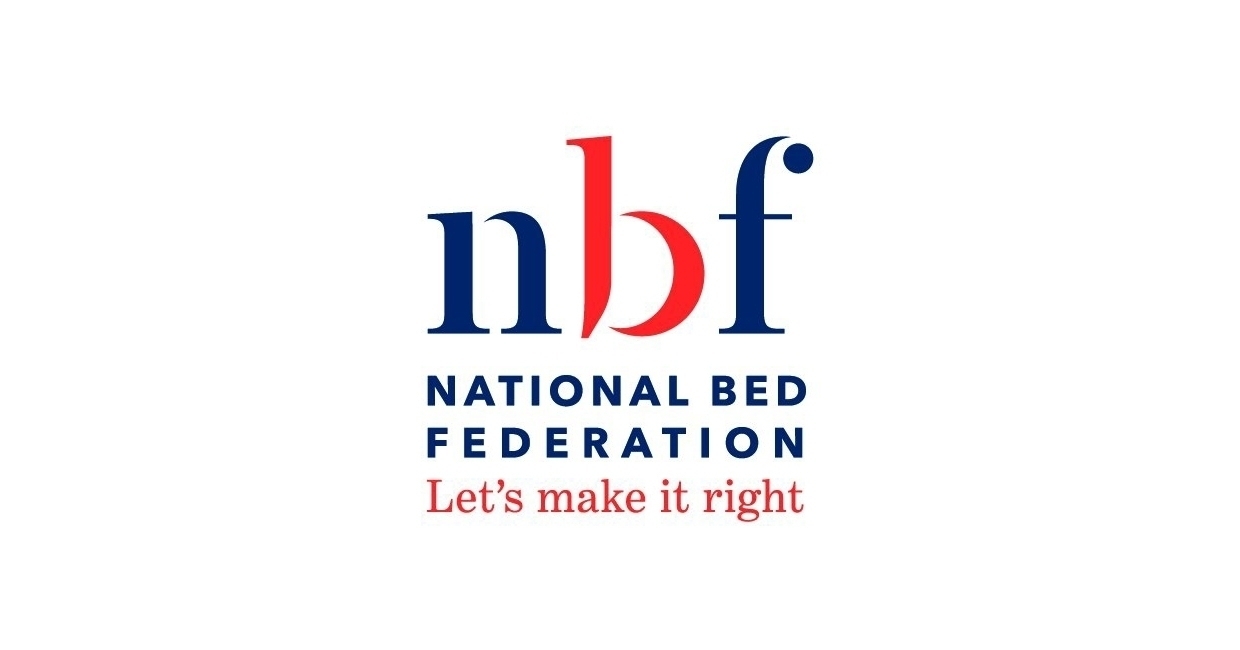The bed industry is warning of disruptions to deliveries this side of Christmas and unavoidable price rises as manufacturers face increasing difficulties getting hold of supplies of raw materials, reports the National Bed Federation (NBF). Spring units, foam and timber are among the components particularly affected.
The message, from the NBF to bed retailers, follows Wednesday's warning from the BFM (see related), which said stores should brace themselves for price increases as its own members reported raw material shortages, with both foam and particleboard now being sold on an allocation basis.
NBF executive director Jessica Alexander says: “The supply chain is under unprecedented pressure as demand outstrips the ability for factories to make products fast enough. Price rises and rationing are both becoming increasingly widespread and impacting large and small companies, high-end and budget sectors alike.”
As one manufacturer says: “We’re really doing our best to get the products out there but it’s out of our control. It’s not just in the UK either – this is a global problem at the moment. Spun bond – the fabric used for making pocket springs – is a case in point. Suppliers are getting more money from customers making PPE. So, if you want it for spring making, you have to pay more.”
The shortages are all the more frustrating given a level of trade which has taken many manufacturers by surprise. A senior executive at another NBF company told the federation: “Following the Covid-19 lockdown, there was an industry-wide upturn in demand, with many of our customers reporting record sales for the summer months.
“We’re now expecting that turnover will be in line with last year, despite losing more than two months' production. Although we hold large stocks of many materials, it was clear that many suppliers were struggling to meet demand and almost a perfect storm was created, with double-digit price increases, weak sterling and material shortages resulting in very challenging market conditions.
“Steel, timber, foams and ‘widgets’ are all included, and it can be the small widgets that can cause disruption, and even stop production, if they are critical components. If anything, this has worsened in recent weeks, and we are aware of manufacturers using all means possible to minimise shortages – including product redesign and substitute materials – but this isn’t something you can switch on overnight.
“There’s no doubt that prices will increase substantially as demand outstrips supply and retail buyers will need to be aware that zero inflation on furniture and beds is likely to be a thing of the past for the foreseeable future.
“On a positive note, we have to remember that, at a time when many UK businesses are struggling to stay afloat and making staff redundant, we are taking on more staff to meet demand and continue to invest and expand our operation.”
Another manufacturer comments: “We came back from shutdown with reduced capacity, thinking there might be a spike in demand which would then quickly tail off. But that simply hasn’t happened – in fact, we’ve been swamped with demand.”
The shortages and increased costs are also causing manufacturers to signal higher-than-usual price rises on the horizon. Some have already increased them and many are warning they may have to go up again soon. “We haven’t put our prices up yet,” says one, “but we will have to do so soon. And instead of the usual +2.5-3% it’s more likely to be +5,6 or even 7%.”
The sales manager for one volume brand adds: “We have had to issue a +5% increase on all products starting from November 1st because of significant increases/shortages across all raw materials – and also the ongoing effect of making the labour element of manufacturing Covid-19 safe.
“We are aware that this is significantly less of an increase than other members, however we cannot rule out further increases in the New Year should the situation continue. It has all meant managing the expectations of customers for pre-Christmas deliveries.”











